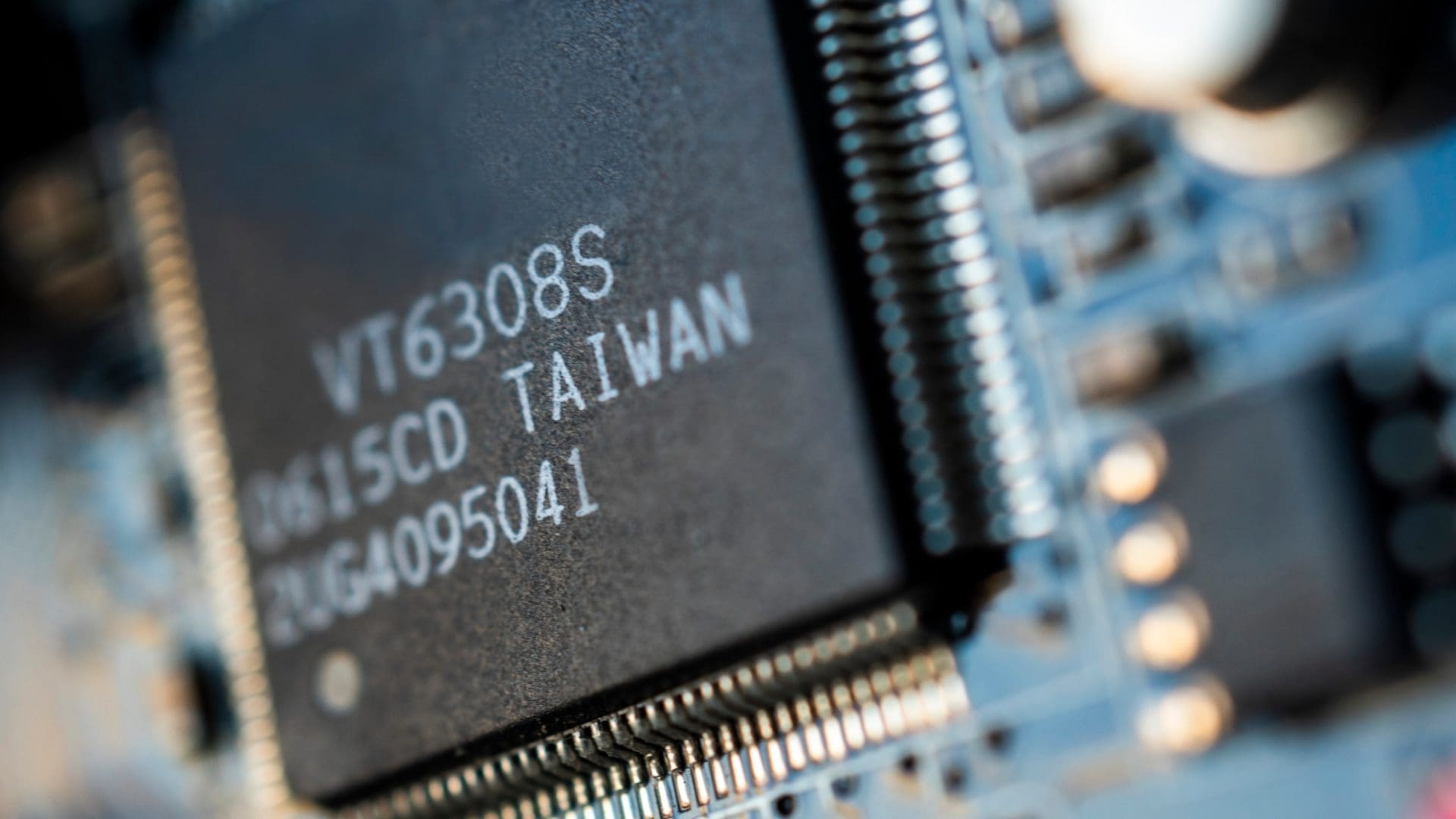The United States and China have always been strategic competitors in recent history. In the same vein, Taiwan has been a bone of contention between the two powers. Realistically, neither the U.S. nor China has Taiwan’s best interests at heart, but rather their own. Ensuring Taiwan does not fall into the hands of the other party is among the most important factors when it comes to policy regarding Taiwan. But why is a relatively small island so crucial?
Taiwan’s Situation
Despite its remarkable importance to the two powers, Taiwan is not even recognized as a sovereign country by most nations. Taiwan has alternated from nation to territory to nation and back again throughout the years.
As of today, whether Taiwan is a country or not depends on who you ask. To be considered a country in the global political sphere, the territory must be recognized by all of the United Nations member states. Currently, only 13 countries recognize Taiwan of the 193 members.
Ever since the 1600s, Taiwan has been self-governed, being a colony of the Netherlands, China, Japan, and finally a Chinese colony again when Japan lost WWII.
Fighting ceased in 1979, but the conflict was never resolved
However, China at the time was in the midst of a civil war. In 1949, China’s ruling nationalist government was driven off the Chinese mainland by the armed forces of the Chinese Communist Party (CCP). The nationalist government then fled to Taiwan, with over a million other Chinese citizens. The CCP renamed the mainland People’s Republic of China (PRC) and the nationalists renamed Taiwan the Republic of China (RoC). Fighting ceased in 1979, but the conflict was never resolved, and no treaty has ever been signed by the parties.
Both governments claimed to be the one true Chinese government. First, the UN recognized the RoC’s claims and recognized it as one of its member nations.
However, over time, the CCP established a more convincing claim as being the legitimate government of China, citing the fact that over 98 per cent of Chinese citizens lived on the mainland.
Gradually, most countries changed their diplomatic position and the UN expelled Taiwan in 1971, recognizing the CCP as the official government of China.
Although Taiwan meets most of the criteria for nationhood, it fails with regard to the most important requirement, that is to be promoted to full UN member status. For this to happen, the UN Security Council must approve of the nation-to-be territory. Unfortunately for Taiwan, China is one of the permanent members of the council with veto power, which means the Communist country can effectively stop Taiwan from being fully recognized at any time in the foreseeable future.
Despite all its diplomatic struggles, Taiwan is one of Asia’s major economic players and top computer technology producers.
Why Taiwan Is Crucial
Besides Taiwan occupying a strategic security niche in the western Pacific as a US ally, what makes Taiwan exceedingly valuable is one single corporation, the Taiwan Semiconductor Manufacturing Company (TSMC).
Semiconductors, sometimes referred to as microchips, are essentially the brains of modern electronics. Without semiconductors, there are no smartphones, radios, TVs, computers, medical equipment, and the list goes on.
Understandably, TSMC is an extremely valuable company as it produces this quintessential component of electronics, has a 53 per cent global market share and controls 28 per cent of the global semiconductor manufacturing capacity as of 2022.
The Chip Shortage
It was the COVID-19 pandemic that kickstarted the chip shortage, and its long-lasting effects, such as geopolitical uncertainties, lockdowns and labour challenges have further exacerbated it.
Due to economic instability at the height of the coronavirus pandemic, there was a drop in demand for electronics and semiconductors, along with the shutdown of factories. Since then, demand has skyrocketed and supply chains cannot keep up, which results in a worldwide chip shortage. The shortage could be even worsened by the deteriorating relations between China and Taiwan.
Tense Relations
The CCP has vowed to “unify” Taiwan with the mainland, using force if necessary. Taiwanese President Tsai Ing-wen has resisted the CCP’s efforts to undermine the government, despite growing political and military pressure.
Recently, Chinese leader Xi Jinping has signed an order on ‘military operations other than war’ that took effect in June. The guidelines are meant to ‘protect people’s lives and property, safeguard national sovereignty, security and development interests, and safeguard world peace and regional stability.’
This does not necessarily mean that China will not use force
Unsurprisingly, this does not necessarily mean that China will not use force, as Russia’s invasion has similarly been labelled a ‘special military operation’ rather than a war by the Russian government. Analysts have suggested that the West’s reaction to the war in Ukraine may serve as a litmus test for Xi Jinping and he could plan the “unification” of China accordingly.
On the other hand, there is a real possibility that the United States would actually respond differently to a Chinese aggression. Joe Biden has openly stated that the United States will ‘intervene militarily’ if China attempts to take Taiwan by force.
‘You did not want to get involved in the Ukraine conflict militarily for obvious reasons. Are you willing to get involved militarily to defend Taiwan if it comes to that?’ a reporter asked at the Tokyo conference in May.
‘Yes,’ Biden replied. ‘That is the commitment we made.’
As a response, China expressed its ‘strong dissatisfaction and firm opposition’ to the President’s comments, saying it will not allow any external force to interfere in its ‘internal affairs.’
‘Forceful measures’
As tensions escalate, China’s government warned that it would take ‘forceful measures’ if the US House of Representatives Speaker Nancy Pelosi visited Taiwan, after the Financial Times reported she would be travelling to the Chinese-claimed island next month.
Consequently, the Chinese government has also asked the US to cancel a potential sale of military technical assistance to Taiwan worth over $100 million.
As major geopolitical powers are looking to establish their interests, any sort of outcome will have major impacts globally. Taiwan is a significant trading partner for many European countries, such as Hungary and not just in the semiconductor industry,
Taiwan, regardless of its size, has a high-tech global economic role, including being the most critical player of the semiconductor industry. Because of that, geopolitical powers regard it as a must to have influence over Taiwan. For China, ideology is only part of the reasons or pretexts for wanting to absorb Taiwan. What really matters to the Communist leadership is that TSMC’s value will only grow and they want to make sure.








